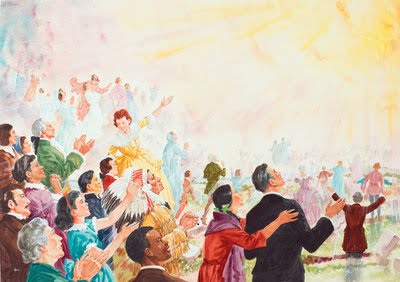You can view an in-depth discussion of “The New Covenant Life” in the Hope Sabbath School class led by Pastor Derek Morris. Click on the image to view:
With thanks to Hope Channel – Television that will change your life.
 (0)
(0)The post 13: The New Covenant Life – HopeSS Video Discussion first appeared on Sabbath School Net.
Source: http://feedproxy.google.com/~r/SabbathSchoolNet/~3/KSDoV_vziZk/




